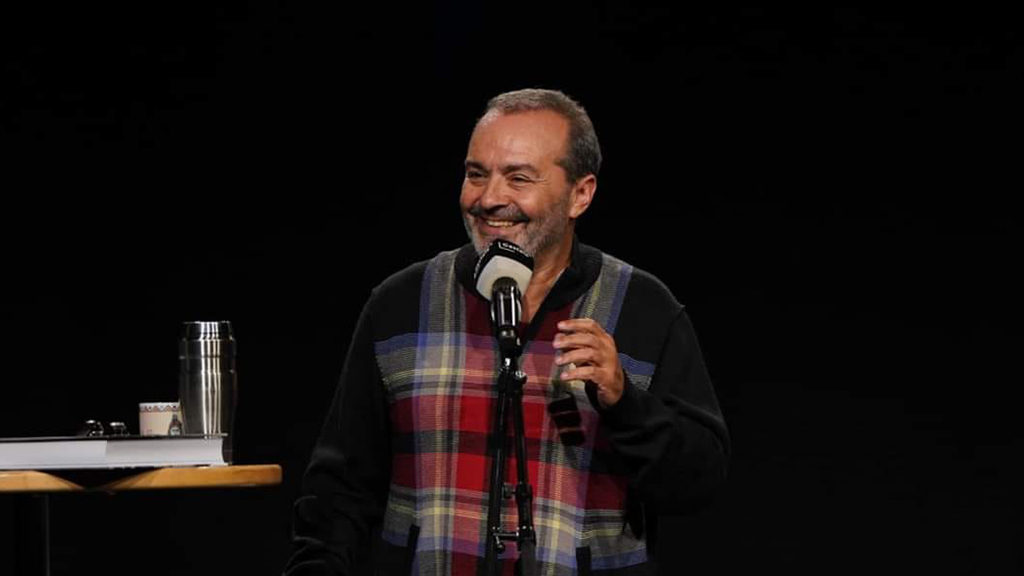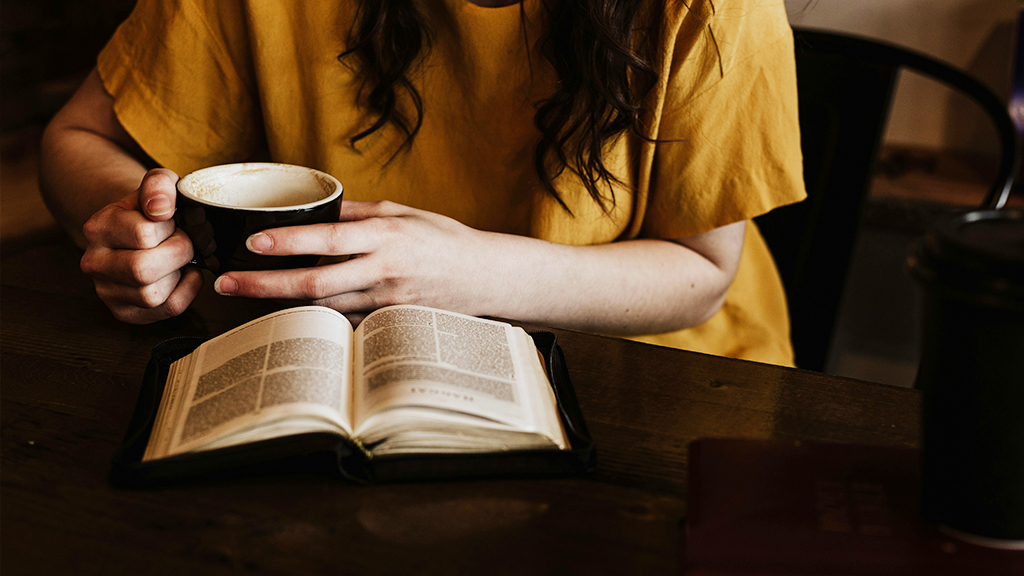- Событие прошло

The Paradoxes of Trust: The Russian Revolution and Soviet Society
The Paradoxes of Trust: The Russian Revolution and Soviet Society
Generalised social trust is essential for the peace and prosperity of any society. Under serious strain as the 1905 revolution revealed. In 1917-21 the new Soviet Government deliberately destroyed or fatally weakened most of the symbolic systems & institutions which earlier had sustained at least a limited measure of social trust: the Orthodox Church, the universities and the academy; the public media; property, the rule of law, the family, banking, money and most of internal trade. The result was a society of virulent generalised distrust, which reached its climax in the Stalinist terror of 1936-8. In this atmosphere, the security police had unlimited licence to act on any suspicion to arrest, imprison, enslave and/or murder any citizen. In the long run such a society proved intolerable even to its rulers, and both Stalin and subsequent Soviet leaders had to devise a way of keeping control without relying on undiscriminating terror. Few societies have experienced such a total breakdown of social trust, but we should not assume that any society is totally immune to it.
Geoffrey Alan Hosking M.A. and PhD (University of Cambridge). Lecturer and Reader at Essex University (1966-84). In 1984 he succeeded Hugh Seton-Watson as Senior Professor of Russian History at the School of Slavonic & East European Studies (now part of University College London). – a Chair that he occupied with immense distinction for 23 years. Professor Hosking is one of the English-speaking world’s most outstanding historians of Russia. Exceptionally gifted, an elegant writer with a vast hinterland of Russian culture, Geoffrey Hosking is the author or editor of some dozen major works, several of which have won international awards. They include The History of the Soviet Union (3rd edition 1992), Russia: People & Empire 1552-1917 (1997), and “Russia & the Russians: from Rus to the Russian Federation” (2001). He delivered the Reith Lectures in 1988, and was appointed Leverhulme Personal Research Professor from 1999 until 2004. He enjoys the unique distinction of being the only British Historian to have been made an Honorary Doctor of the Russian Academy of Sciences.
Find Events
| May | June | July | August | September | October | November | ||||||||||||||||||||||||||||||||||||||||||||||||||||||||||||||||||||||||||||||||||||||||||||||||||||||||||||||||||||||||||||||||||||||||||||||||||||||||||||||||||||||||||||||||||||||||||||||||||||
Sun12 | Mon13 | Tue14 | Wed15 | Thu16 | Fri17 | Sat18 | Sun19 | Mon20 | Tue21 | Wed22 | Thu23 | Fri24 | Sat25 | Sun26 | Mon27 | Tue28 | Wed29 | Thu30 | Fri31 | Sat01 | Sun02 | Mon03 | Tue04 | Wed05 | Thu06 | Fri07 | Sat08 | Sun09 | Mon10 | Tue11 | Wed12 | Thu13 | Fri14 | Sat15 | Sun16 | Mon17 | Tue18 | Wed19 | Thu20 | Fri21 | Sat22 | Sun23 | Mon24 | Tue25 | Wed26 | Thu27 | Fri28 | Sat29 | Sun30 | Mon01 | Tue02 | Wed03 | Thu04 | Fri05 | Sat06 | Sun07 | Mon08 | Tue09 | Wed10 | Thu11 | Fri12 | Sat13 | Sun14 | Mon15 | Tue16 | Wed17 | Thu18 | Fri19 | Sat20 | Sun21 | Mon22 | Tue23 | Wed24 | Thu25 | Fri26 | Sat27 | Sun28 | Mon29 | Tue30 | Wed31 | Thu01 | Fri02 | Sat03 | Sun04 | Mon05 | Tue06 | Wed07 | Thu08 | Fri09 | Sat10 | Sun11 | Mon12 | Tue13 | Wed14 | Thu15 | Fri16 | Sat17 | Sun18 | Mon19 | Tue20 | Wed21 | Thu22 | Fri23 | Sat24 | Sun25 | Mon26 | Tue27 | Wed28 | Thu29 | Fri30 | Sat31 | Sun01 | Mon02 | Tue03 | Wed04 | Thu05 | Fri06 | Sat07 | Sun08 | Mon09 | Tue10 | Wed11 | Thu12 | Fri13 | Sat14 | Sun15 | Mon16 | Tue17 | Wed18 | Thu19 | Fri20 | Sat21 | Sun22 | Mon23 | Tue24 | Wed25 | Thu26 | Fri27 | Sat28 | Sun29 | Mon30 | Tue01 | Wed02 | Thu03 | Fri04 | Sat05 | Sun06 | Mon07 | Tue08 | Wed09 | Thu10 | Fri11 | Sat12 | Sun13 | Mon14 | Tue15 | Wed16 | Thu17 | Fri18 | Sat19 | Sun20 | Mon21 | Tue22 | Wed23 | Thu24 | Fri25 | Sat26 | Sun27 | Mon28 | Tue29 | Wed30 | Thu31 | Fri01 | Sat02 | Sun03 | Mon04 | Tue05 | Wed06 | Thu07 | Fri08 | Sat09 | Sun10 | Mon11 | Tue12 | Wed13 | Thu14 | Fri15 | Sat16 | Sun17 | Mon18 | Tue19 | Wed20 | Thu21 | Fri22 | Sat23 | Sun24 | Mon25 | Tue26 | Wed27 | Thu28 | Fri29 | Sat30 |
SUBSCRIBE
Receive our digest once a week with quality Russian events and articles


